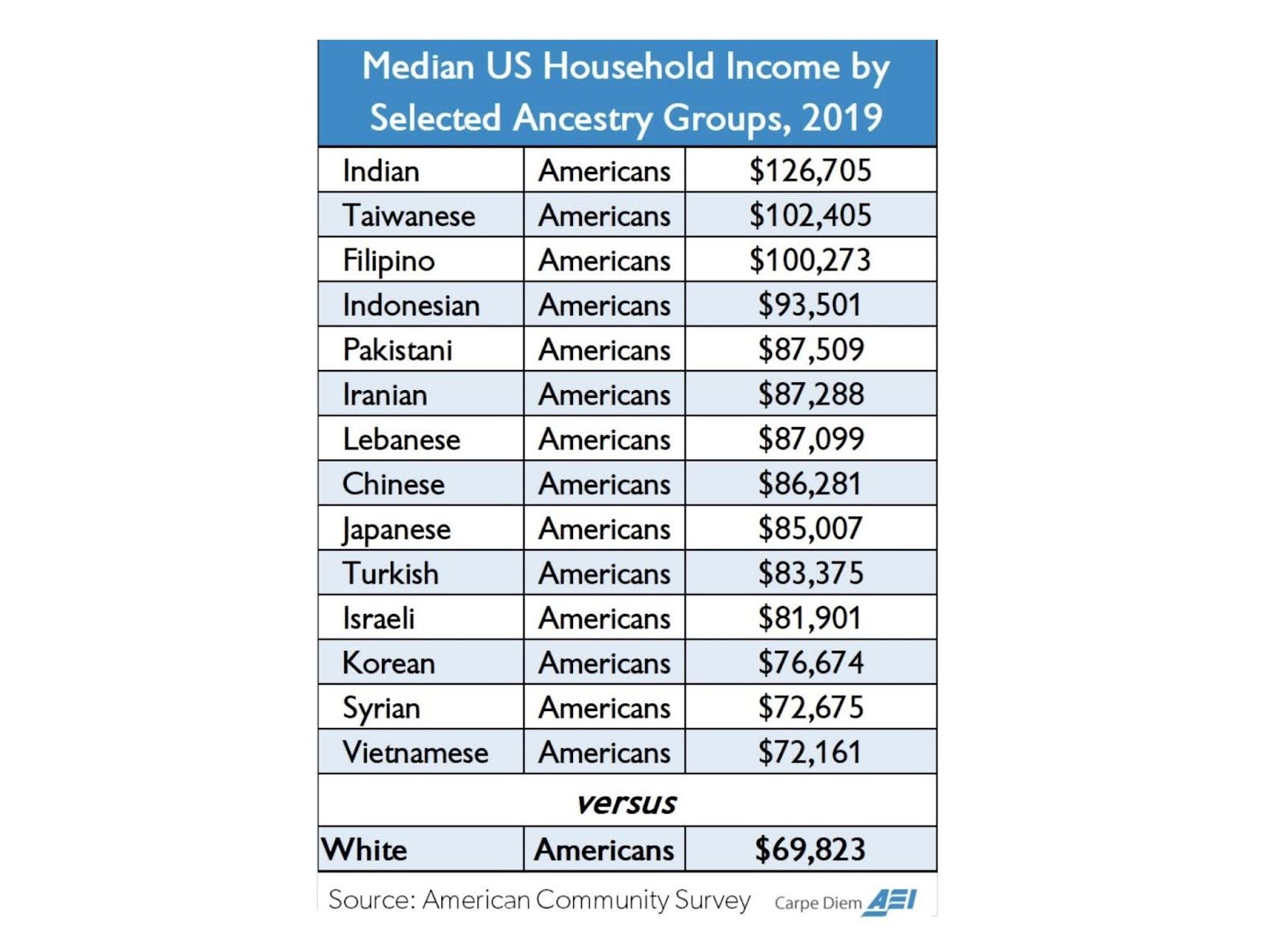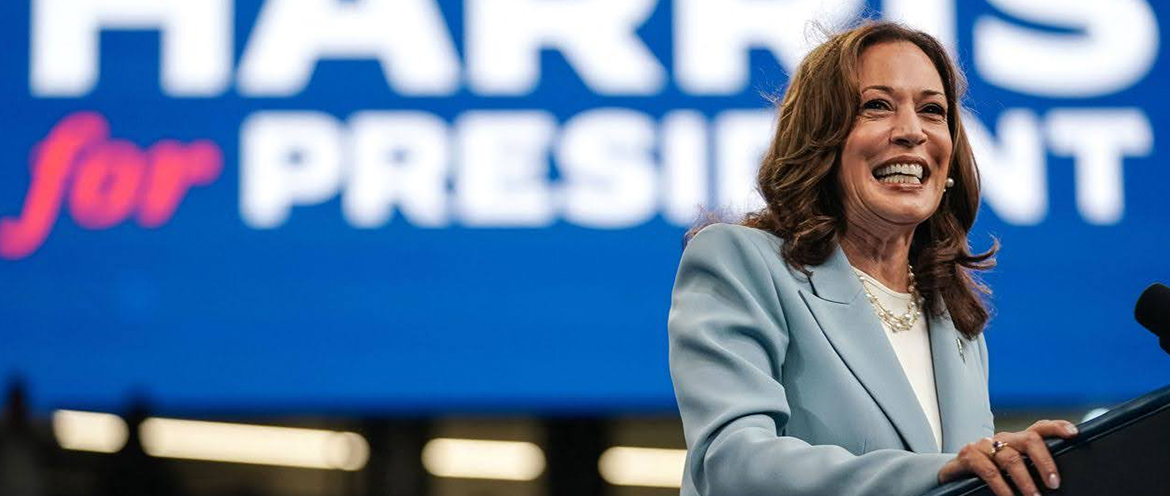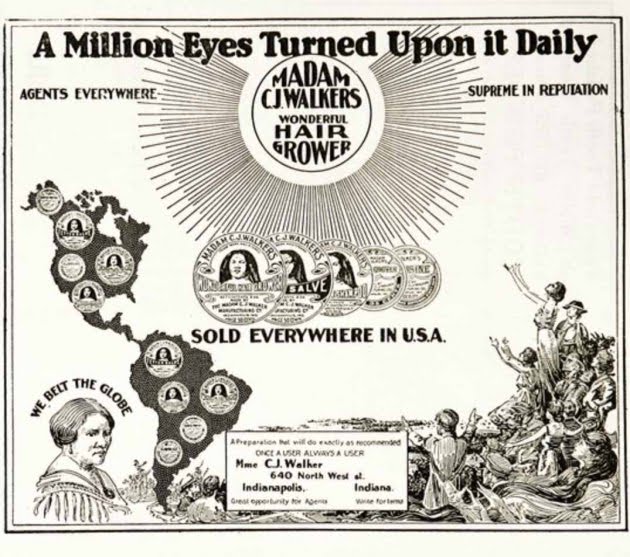
November 22nd 2024 / Naperville, IL / PR Team - Evrima Chicago / The aforementioned statistical picture has been tweeted by an infamous channel “The Rabbit Hole” with the title “Some of the most successful people in the United States are from minority groups. America is the land of opportunity” retweeted by Elon Musk with a caption “True” highlighting the narrative that talented minorities in America cannot succeed due to systemic discrimination has been pervasive in many discussions about race and inequality. While discrimination is a historical and ongoing challenge, framing it as an absolute barrier oversimplifies the reality of social mobility and achievement in the U.S. Today, minorities continue to break barriers and excel across industries, bolstered by evolving policies, cultural shifts, and individual resilience. This article examines statistical evidence to refute the claim, highlighting key areas where minorities have made significant strides.
Education has long been viewed as a gateway to opportunity, and many minorities have leveraged it to achieve remarkable success. Data from the National Center for Education Statistics (NCES) reveals a steady increase in educational attainment among minority groups over the decades.
These trends illustrate that systemic discrimination has not precluded minorities from accessing education, often a critical stepping stone to professional and economic advancement.

In the professional sphere, minorities have made notable strides, becoming leaders in traditionally underrepresented fields. For example:
Such achievements debunk the idea that discrimination universally limits opportunities for talented minorities.
While income disparities persist, minorities have seen measurable progress in earnings over the years.

The U.S. has implemented numerous policies to mitigate the effects of discrimination and promote equity.
Such frameworks reflect an evolving commitment to creating an inclusive environment where talented minorities can thrive.
The U.S. has implemented numerous policies to mitigate the effects of discrimination and promote equity.
Such frameworks reflect an evolving commitment to creating an inclusive environment where talented minorities can thrive.

Acknowledging that discrimination exists does not negate the progress minorities have made. Success stories abound:
However, challenges remain. Discrimination manifests in subtle ways, such as unconscious bias and unequal access to resources. Yet, these barriers are not insurmountable, as evidenced by the growing representation and success of minorities across sectors.
The idea that talented minorities cannot succeed in America due to discrimination is an oversimplified and outdated myth. Statistical data and countless success stories highlight how minorities have leveraged education, entrepreneurial spirit, and societal shifts to achieve extraordinary accomplishments. While systemic issues require continued attention, the progress made underscores that talent and determination, combined with opportunity, can pave the way for success.

"Madam C.J. Walker didn’t just break barriers—she built her own opportunities. As one of America’s first self-made female millionaires, she refused to let discrimination or adversity stop her, proving that with hard work and perseverance, anyone can succeed in America - the symbol of diversity, owes its origins to a group of English-speaking settlers who defied the Anglo monarchy in the 17th century" - Waasay - Head of News & PR - Evrima Chicago Minorities in America are not defined by barriers but by their ability to overcome them, proving that the narrative of impossibility is no match for the resilience and potential of a diverse population.
Written by the Team Editorial - Evrima Chicago.

 Read More
Read More
Are you interested in working with us? Get free quotation by just filling out the form.